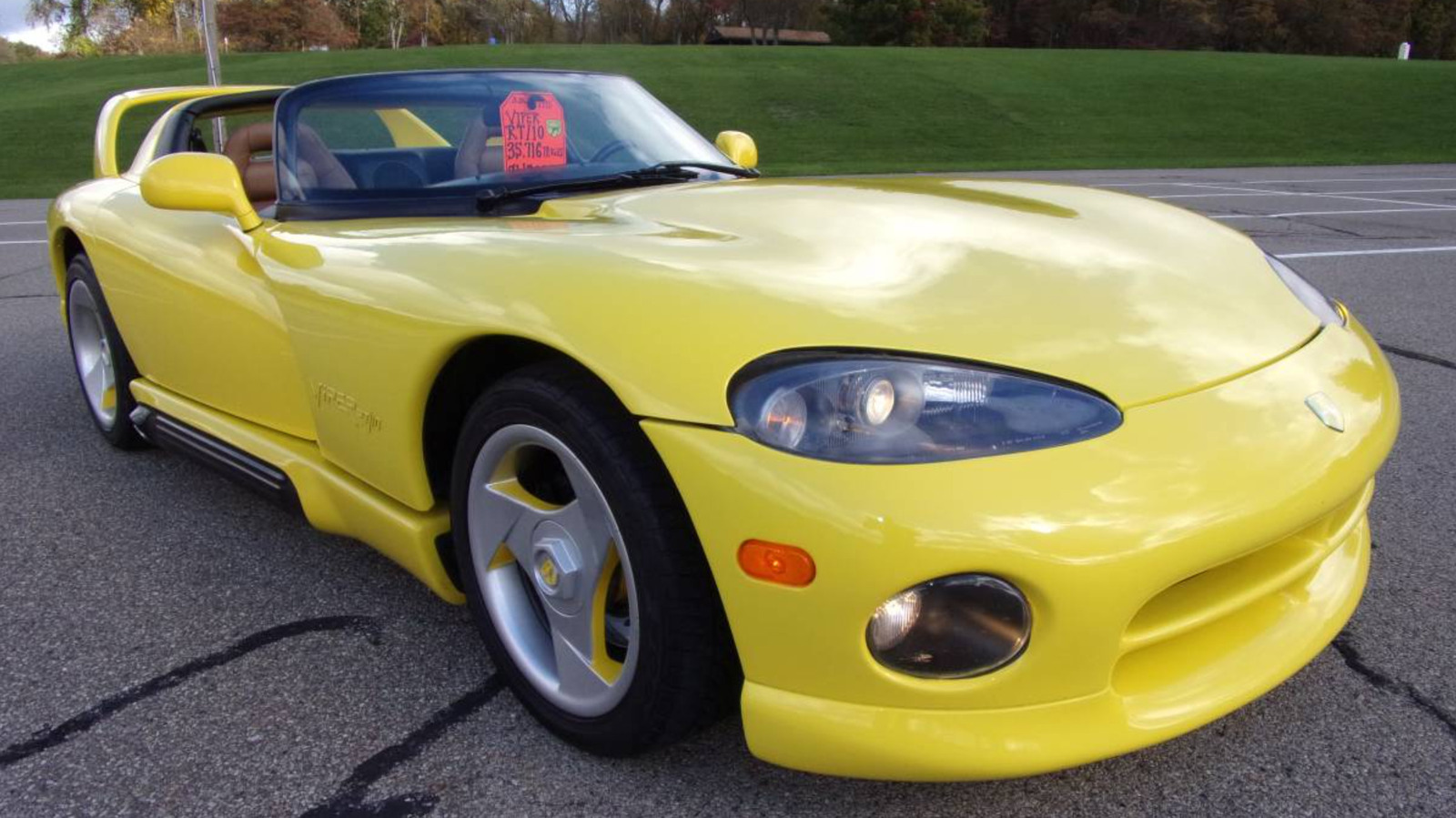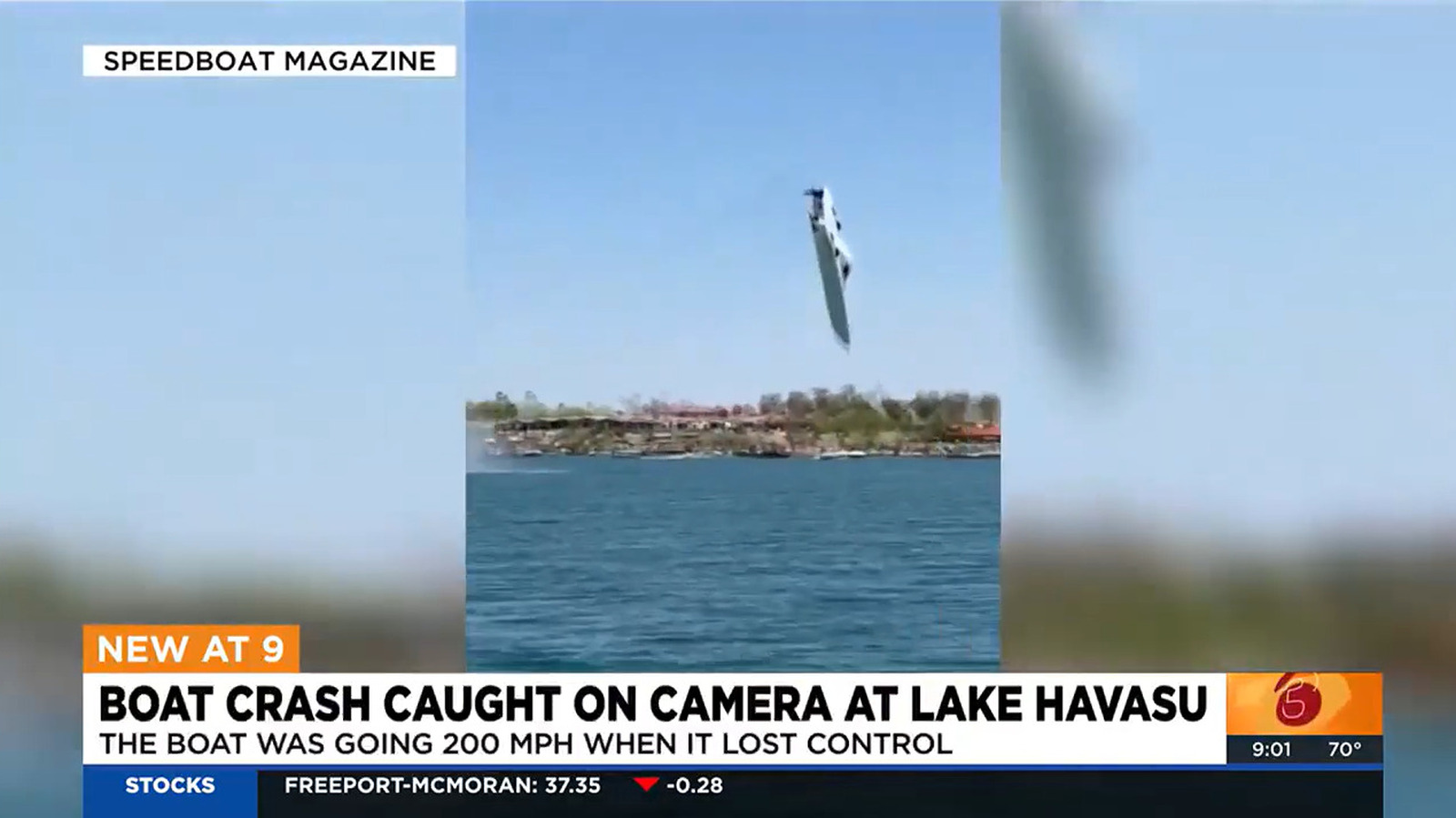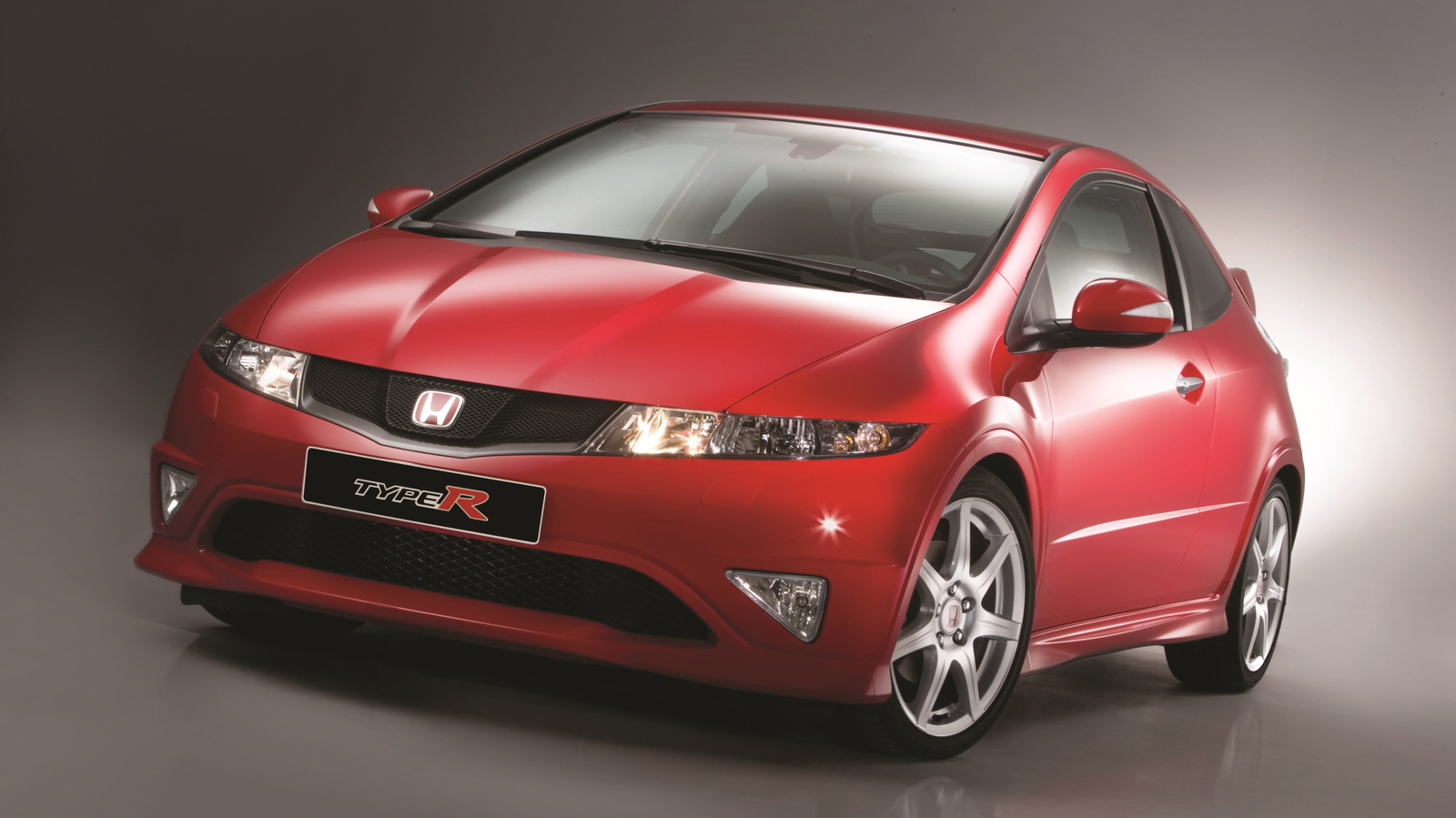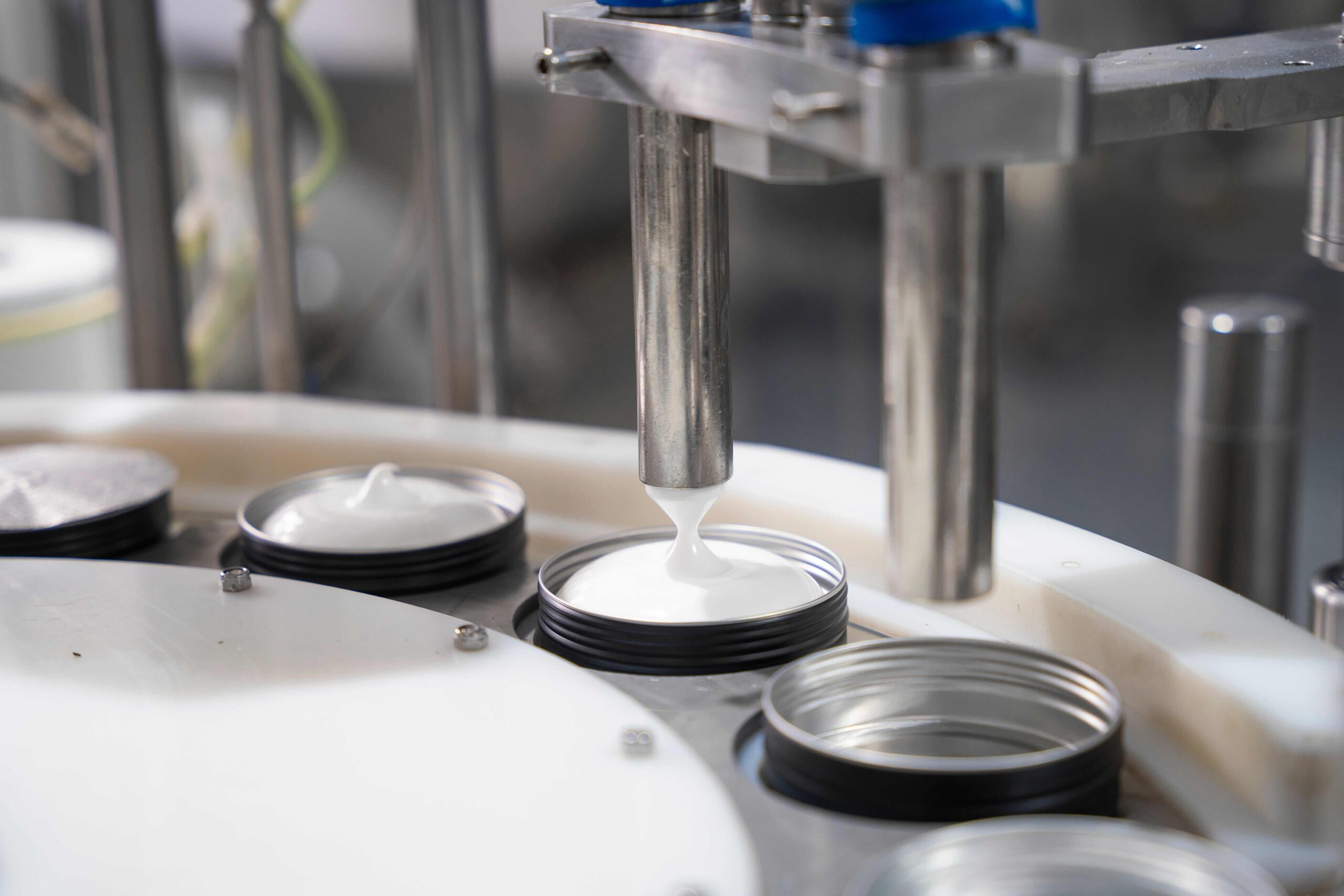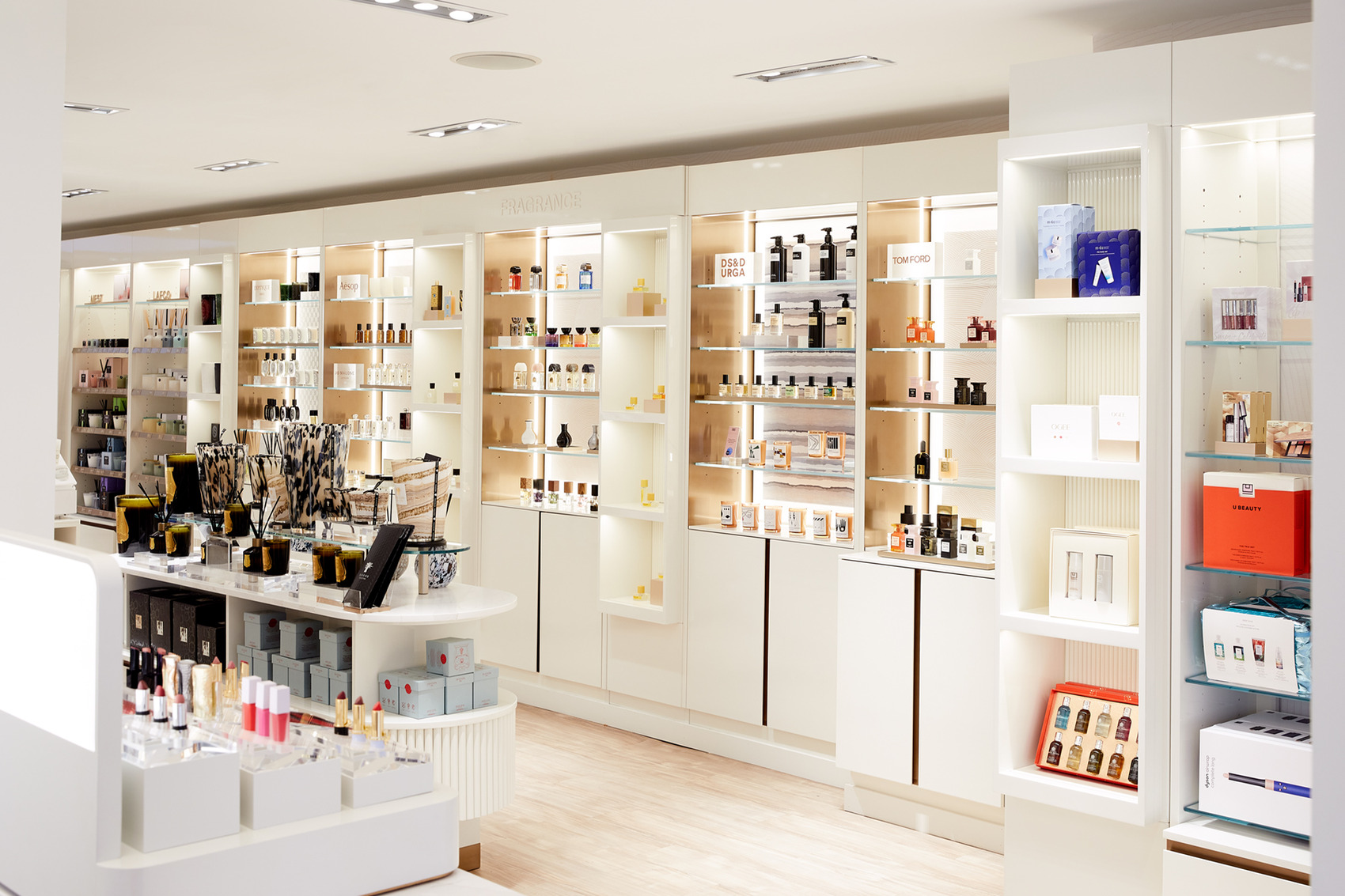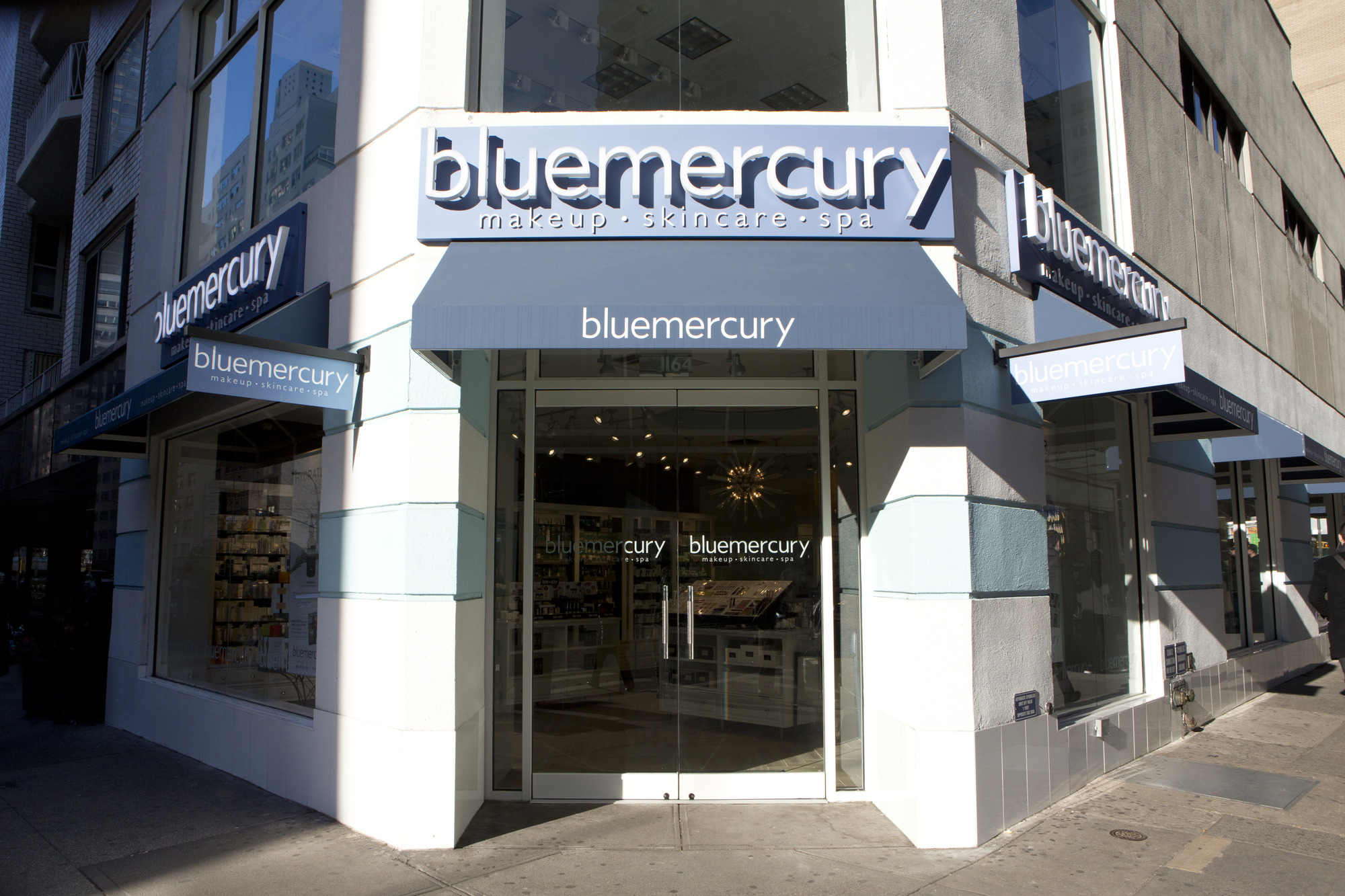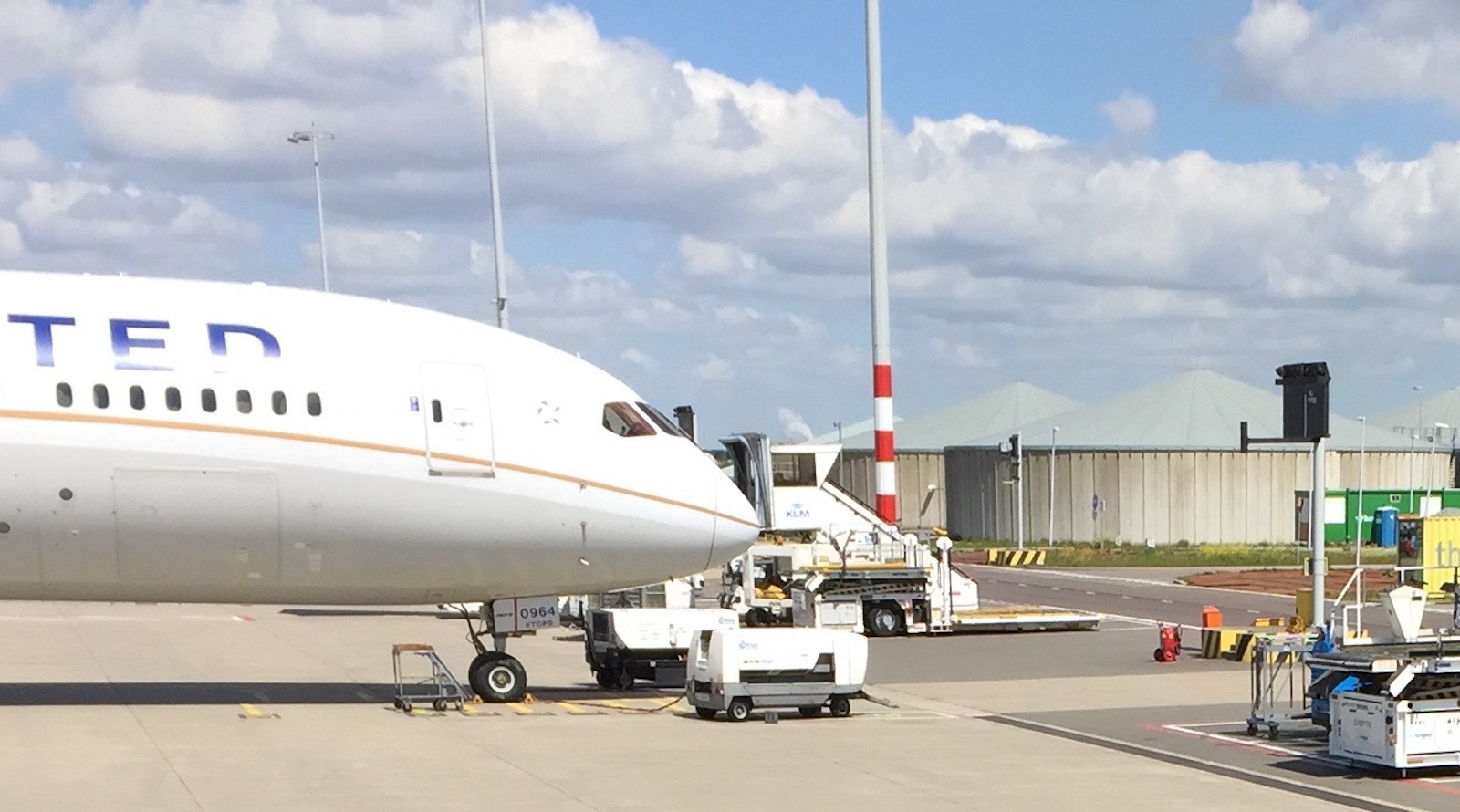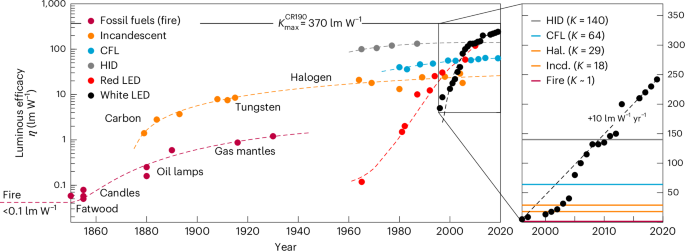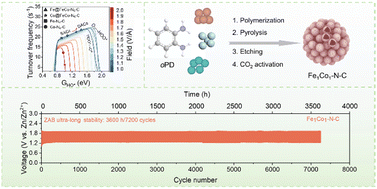Last year, countries within the European Union exported €29.8 billion worth of alcoholic drinks to non-EU countries, with wine constituting the lion's share, according to data released by the European Commission.
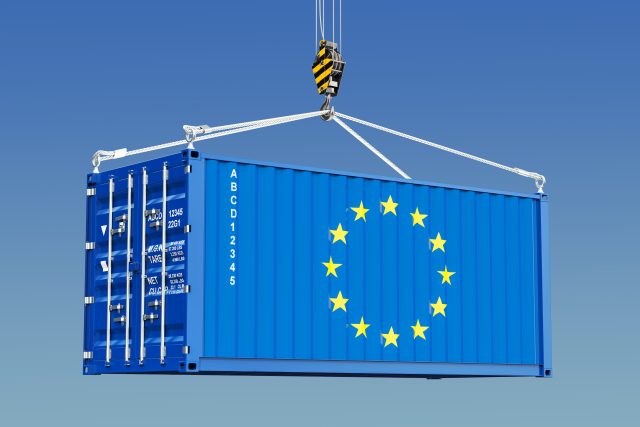
Wine made up the majority of the export value, constituting a 56.2% share (equal to around €16.8bn), followed by spirits/liqueurs with 29.7% (€8.9bn) and beer at 11.5% (€3.4bn).
The overall figure €29.8bn was more than 10% above the pre-pandemic level, with 2019's figure at €26.9bn.
However, 2024 was a year-on-year drop compared to 2023's figure of €30bn.
The breakdown of 2023's data, €17.1bn for wine, €9.1bn for spirits/liqueurs and €3.5bn for beer, demonstrates that exports of each major beverage category lost value between 2023 and 2024. But, exports of EU-produced cider, perry, mead and sake (grouped as one category) actually rose from €472.5 million in value in 2023 to €495.9m in 2024. Likewise, the value of vermouth exports increased by €18.5m, reaching €284.3m.
The French Connection
The biggest exporter, responsible for a massive 40.6%, or €12.1bn, of the total export value was France – two-thirds (66.7%) of this figure was from wine sales, with most of the remainder (31.8%) being spirits/liqueurs.
Italy was in second, with 20.2% – the Apennine Peninsula's booze sales were even more dependent on wine, with the grape-based beverage constituting 81.1% of its drinks exports in 2024, a figure equal to around €4.9bn.
In third was Spain (8.3%), while the Netherlands sat in fourth (7.6%). However, while wine was by far the most valuable category for most of the top exporters, for the Dutch it was beer, with the country which gave the world Heineken exporting €1.3bn-worth of it to non-EU nations in 2024.
Destinations
The US was firmly in first position, taking up almost a third (29.8%, €8.9bn) of EU beverage exports to non-EU countries in 2024 – the majority of this figure, some €4.9bn, was due to wine sales.
In second place is the UK, which had a 16.5% share (€4.9bn), a staggering 68% of which (€3.3bn) was made up of wine.
China was the third most valuable market for EU-produced booze, buying up a 5.3% share, while Canada was close in fourth with 5.2%. Behind them was Switzerland (4.7%).
Of the top five extra-EU markets for alcoholic beverages, it was only in China that wine was not the most valuable category – in the People's Republic, EU-produced spirits (45%, €0.7bn) trumped wine (34%, €0.5bn).
This figure is especially surprising given that Beijing's tariffs on European spirits as part of its "anti-dumping measures" caused a
9.6% decline in the volume of Cognac exports to China, according to data from the Bureau National Interprofessionnel du Cognac.
Of course, China isn't the only troublesome market for EU-based drinks brands. US President Donald Trump's tariff war with Europe has seen the alcohol sector caught in the crossfire,
even though his earlier threat of a 200% levy on EU-produced wines and spirits was not introduced.
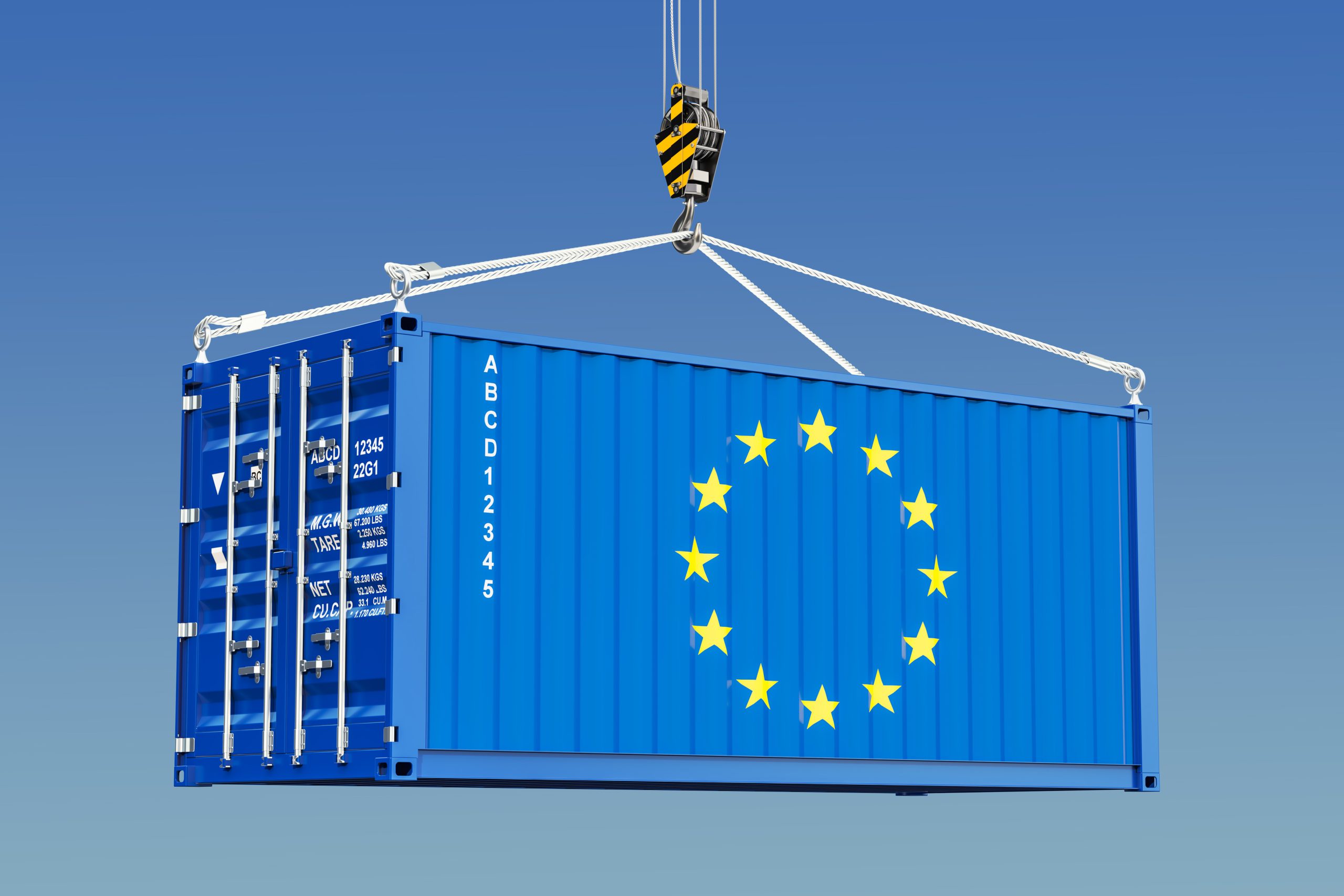
 Wine made up the majority of the export value, constituting a 56.2% share (equal to around €16.8bn), followed by spirits/liqueurs with 29.7% (€8.9bn) and beer at 11.5% (€3.4bn).
The overall figure €29.8bn was more than 10% above the pre-pandemic level, with 2019's figure at €26.9bn.
However, 2024 was a year-on-year drop compared to 2023's figure of €30bn.
The breakdown of 2023's data, €17.1bn for wine, €9.1bn for spirits/liqueurs and €3.5bn for beer, demonstrates that exports of each major beverage category lost value between 2023 and 2024. But, exports of EU-produced cider, perry, mead and sake (grouped as one category) actually rose from €472.5 million in value in 2023 to €495.9m in 2024. Likewise, the value of vermouth exports increased by €18.5m, reaching €284.3m.
Wine made up the majority of the export value, constituting a 56.2% share (equal to around €16.8bn), followed by spirits/liqueurs with 29.7% (€8.9bn) and beer at 11.5% (€3.4bn).
The overall figure €29.8bn was more than 10% above the pre-pandemic level, with 2019's figure at €26.9bn.
However, 2024 was a year-on-year drop compared to 2023's figure of €30bn.
The breakdown of 2023's data, €17.1bn for wine, €9.1bn for spirits/liqueurs and €3.5bn for beer, demonstrates that exports of each major beverage category lost value between 2023 and 2024. But, exports of EU-produced cider, perry, mead and sake (grouped as one category) actually rose from €472.5 million in value in 2023 to €495.9m in 2024. Likewise, the value of vermouth exports increased by €18.5m, reaching €284.3m.

































